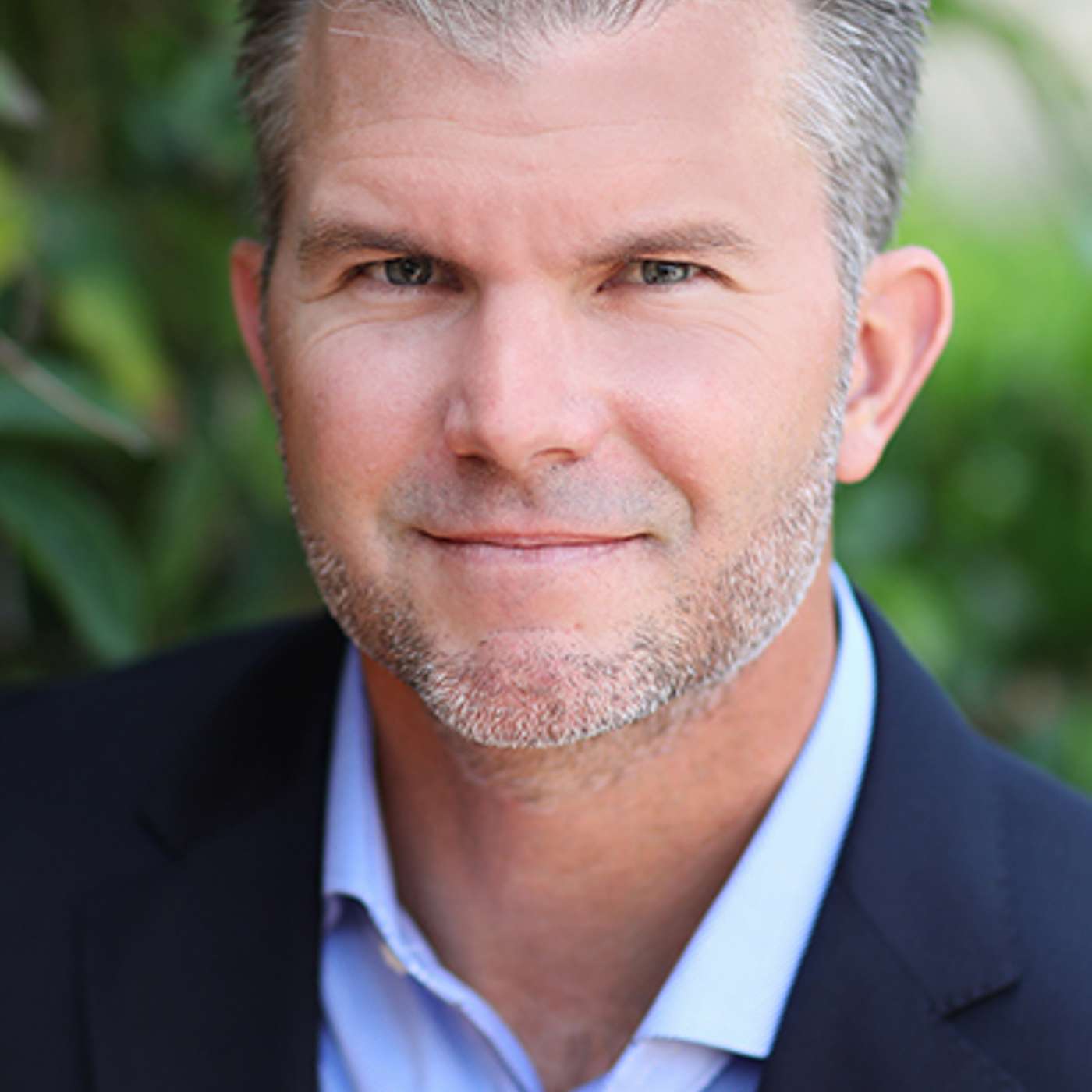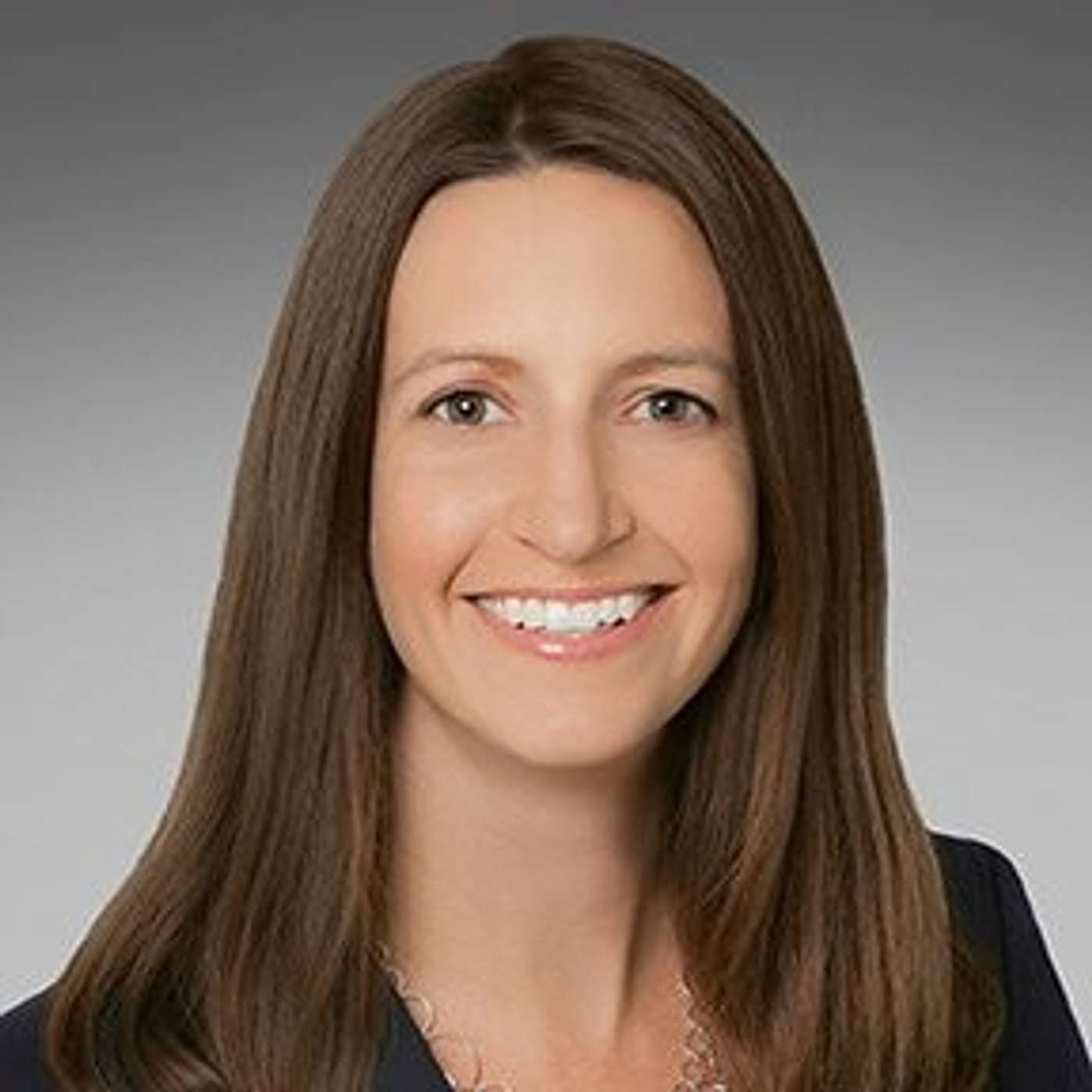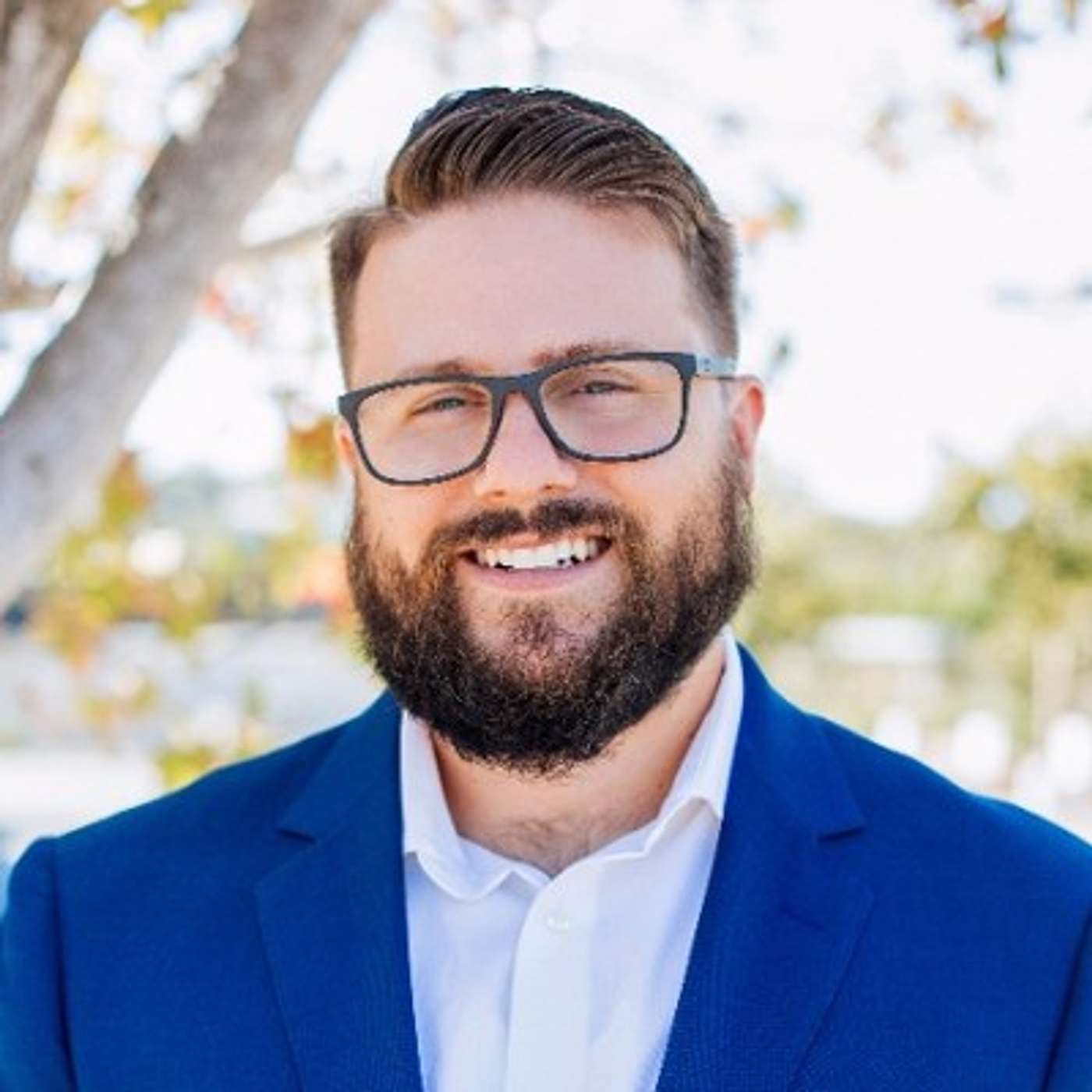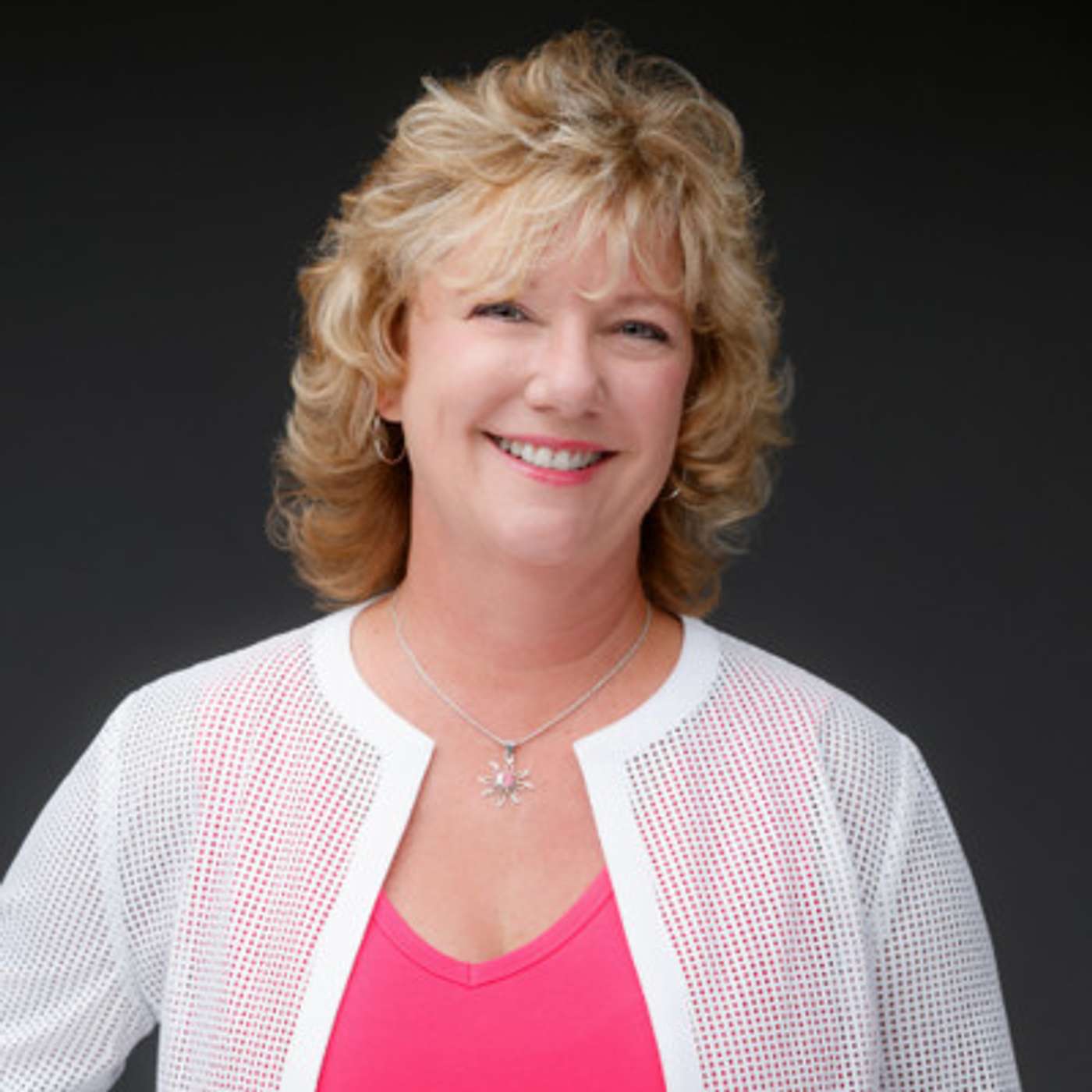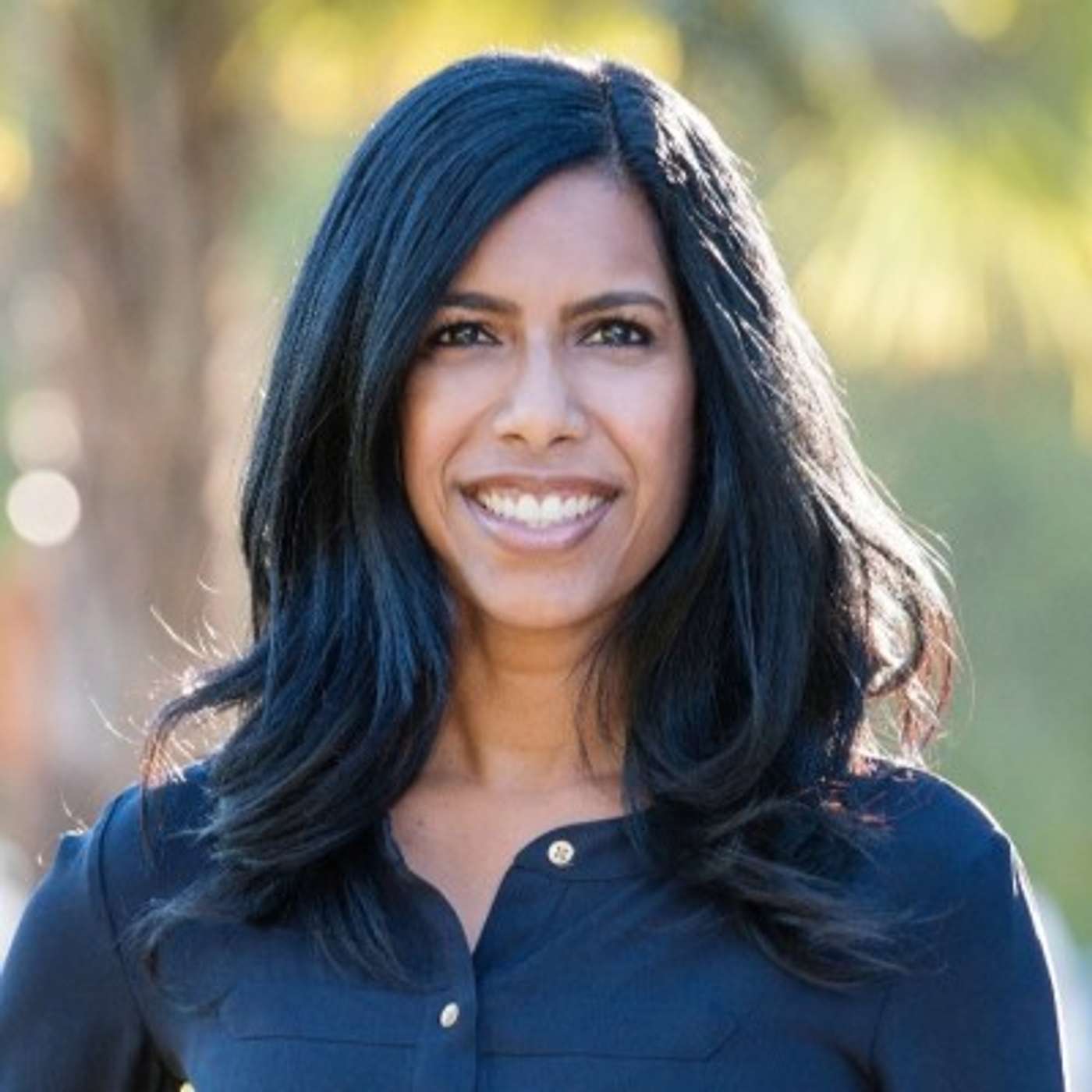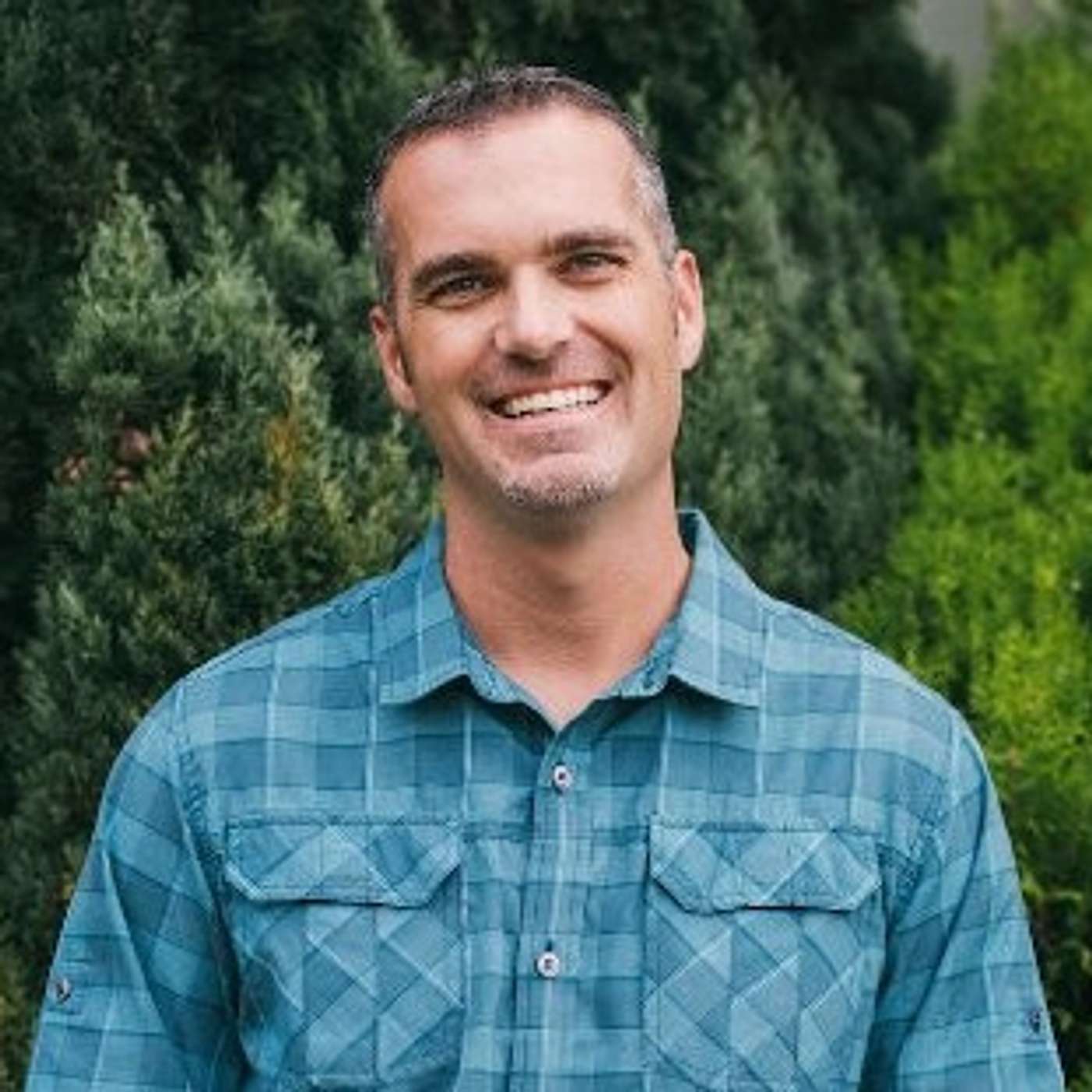
Advice Column
Uplifting reminders to connect with the best in yourself, others, and the world!
With so much negativity in the world, we can use some inspiration. Join us as we spend a few moments reflecting on the wisdom and beauty around us.
If we are just meeting, thank you for stopping by!
I’m Lisa and I’m glad you’re here. When I was just an eight-year-old kid, my dad used to play motivational stories on cassette tapes as we’d zip around in his sports car on the weekend. From that age I have been drawn to inspirational stories.
Today, with so much negativity in the media and increasing disconnection with one another as a society, I’m more convinced than ever that we need positivity. I created Advice Column to remind you of the virtue you possess.
Join me for a bi-monthly newsletter and podcast conversations that inspire you to connect with the best in yourself, others, and the world!
Advice Column is a nonprofit 501(c)3. Thanks for joining me in this project so we can encourage one another along the journey!
Warmly, Lisa Liguori
Advice Column
Your Life Was Disrupted, Now What?
Hi Friend! When life throws you a curve ball it can be hard to regain your footing. In this episode, individuals who have been through different kinds of disruptions in their lives share how they dealt with those to get back on their feet. You'll hear how they felt when they were thrown off-balance, and what they did to handle it. Their experiences will give you different ideas and perspectives you can draw upon as you expertly navigate your life.
Welcome to the Advice Column community. To make these episodes valuable for you, we'd love your feedback. Please email us at AdviceColumnPodcast@gmail.com to tell us what you liked and what we can improve. We'll see you in the next episode!
______________________________________________________________________________
Connect With Our Panelists!
Justin Reden, Attorney, Reden & Reden, APC
https://www.linkedin.com/in/justin-reden-7a6b3566/
Danielle Baldwin, Vistage Chair, Vistage Worldwide, Inc.
https://www.linkedin.com/in/danielle-bruno-baldwin/
Scott Curry, Principal, Open MInded Consulting
https://www.linkedin.com/in/scottmcurry/
Chris Faridniya, Chief Business Development Officer, ChefsBest
https://www.linkedin.com/in/chrisfaridniya/
Brenda Sullivan, Owner, BLS Communications, Inc.
https://www.linkedin.com/in/blscommunicate/
Rachel Cross, Founder, Rachel K Group
https://www.linkedin.com/in/rachelkcross/
_______________________________________________________________________
Advice Column Podcast:
- Website: https://advicecolumn.com/
- Instagram: @advicecolumnpod ( https://www.instagram.com/advicecolumnpod/ )
- Twitter: @AdviceCPod ( https://twitter.com/AdviceCPod )
- Facebook: https://www.facebook.com/TheAdviceColumnPodcast
- YouTube: https://www.youtube.com/channel/UChYmoafMFOeL7HCNWrXPkJQ
- LinkedIn: https://www.linkedin.com/company/advice-column
Justin Reden 0:01
I quickly became overwhelmed. I soon started having these personal feelings of kind of helplessness.
Danielle Baldwin 0:08
It's very disruptive.
Scott Curry 0:11
All my dreams had been taken away from me and I would bury my head in my pillow. I never felt like I could tell people I was truly feeling.
Danielle Baldwin 0:21
I left the corporate world
Justin Reden 0:23
started running my own law firm dismisses you have what's called a subdural hematoma.
Lisa Liguori 0:31
Those are some of the panelists you'll hear from in this episode. I'm Lisa, and I'm so glad to have you here on advice column. And this community, we gathered together to combat isolation and accelerate our learning by sharing life experiences with one another. Today, we're talking about life disruptions. And the reason I was interested in the topic is I had one of my own recently, at 45 years old, I got married for the very first time, and my husband and I moved in together into a very tiny house, after I had been living alone for a long time. So while it was a very joyful and good disruption, it was also challenging. I realized that I had developed routines over the years, like having solitude in the mornings, and that those kept me kind of in balance. When that changed, I got really out of whack. And I wanted to figure out how to find a new equilibrium, because I wanted to be my best for my marriage, and just in life in general, and I didn't feel like I was. So I asked this episode's panelists to share their experiences, regaining peace after a disruption in their lives. So you can grab any nuggets from their experiences that will help you as you expertly navigate your own life. So let's dive right in. This is Justin reading of reading and read in law firm.
Justin Reden 1:55
Think back to my early days, when I started working as an attorney, I worked at a big firm and I was associate there and I would be handed a project. And I'd be asked to be given a deadline and some specific parameters to work within. And it was, it was pretty straightforward. And you know, I knew what my parameters were. But when I started running my own law firm, after I went out on my own, I quickly became overwhelmed with a number of issues, that I is now being the manager of the law firm. And the business that I had to deal with on a daily basis, I was having to make hundreds and hundreds of decisions a day, and they were all important. And I was having a real struggle, figure out how to prioritize Wendy to get to what and everything seemed like, you know, it was it needed to be done now. And I soon started having these personal feelings of kind of helplessness. And like there was no end to how I could handle this. And so I was experiencing a lot of stress because of that, and a lot of sleeplessness, and I was actually freezing up to where I'd find myself going in and just not getting anything done because I felt I had so much to do. And I didn't know where to start, or where to go after I started it. So without knowing really what to do on my own I, one of my good friends and business colleagues suggested a book. To me, it was called Getting Things Done. And I took that advice. And I read the book, and it changed my life as far as my business organizational skills. And through its teachings, I learned how to immediately handle any and all issues that came in and how to prioritize them, and then how to efficiently resolve them. And, you know, there's a ton of good teachings in that book, but a few of them that come to mind that I use every single day, and kind of dealing with this overwhelming issue that that never goes away is you know, I tell myself, you know, when something comes in that I assess right away if it requires action or not. And if it doesn't require any action, I just disregarded immediately, whether it's just an informational bulletin or something that doesn't require me to really do anything. And I just get rid of it and get it off the plate. And then if it does require action, and if it can be done within two minutes, I do it immediately. It's the two minute rule that I follow. And that's been very helpful. And then if it requires action, I either either delegated or I defer it to a different action plan to be dealt with in an organized way later. So by going to and applying more of a structured checklist on how to deal with things. It really removed a lot of the stress for me because I don't mean to wonder what to do, I just go to my checklist and I start going through it. And it has a very logical progression to it and I can prioritize. And that's really been a game changer. And it's reduced my stress a lot. And I think it's made me more efficient with resolving all the various issues that I have to resolve every day.
Lisa Liguori 5:33
This is Danielle Baldwin. She's a peer advisory group chair at Vistage.
Danielle Baldwin 5:39
So I had worked my entire life in corporate America and was used to that pace, and was used to being double and triple booked and always in meetings or on conference calls or running from one thing to the next and packing my life into this very tight timeline. And I had a lot of routine with that in order to be able to get through it and be most have the most effective use of my time. And I was really excited and scared when I left. And the first thing that I noticed was when you live in that lifestyle, your routine is almost set for you based on the necessities of or the expectations of the organization you're with and the type of role you're in. And it was really disorienting at first. And while I had loathed, I hated those conference calls and those meetings and all the time. I remember, you know, the first week, it was marvelous. And by the second week, my ex was saying to me, you know, I notice your pacing house a lot. Like what's up with that? And I was and I kept saying to him, I feel like there's something I need to be doing. And so the first thing I did was talk to people who had left the corporate world, and I started making phone calls. And the first thing I said was, Did I make a mistake doing this? Like, am I? Because this is hard, right? And they're like, Yeah, it is. And the first piece of advice I got was to time block, which again, is something when you're in the corporate world people do for you, right, your schedule gets filled up on its own. But we're being really conscious about time blocks, and then playing with time blocks. So at the time, when I first left the corporate world, my job, so to speak, or the goal for the year was to finish a book. And so it was all about time blocking my writing time or my research time or whatever it was, and playing with what that worked for me, not only during times of day that I was apt to be more creative, or more likely to write, but also in what chunks of time. And so it was an interesting discovery for me that this routine that I had always associated negatively in terms of constraints and not giving me my freedom, it was the first time that I really realized that routine was something that I needed, and made me feel safe and made me feel comfortable. And I think where I had gotten kind of led astray is routine is not binary. And what I mean by that is, sometimes I felt like routine needed to be the same every day. You know, every day I wake up at this time every day, I do the same thing in these orders. And what I realized is routine can be very helpful. And there's flexibility in it if you own it. routine is a vehicle that I used to open my creative channel. Because in that routine, I can kind of switch my brain into a different mode. And because I'm not having to think about things as much, if that makes any sense. And I can be more creative. The routine now serves a different purpose. It's less about safety. And it's less about organization, though it still for me is also a way to avoid overwhelm. If I don't have routine I noticed I go into overwhelm. And then I shut down San Diego writers and has this thing called room to rate where it's free. And if you remember, you roll in there and you write with other writers. And normally we take a coffee break. But it was a good way to hold me accountable is a good way to time block. So I started with like these little blocks of time. And then I sat down and thought about other things that I wanted to accomplish, whether that was meditating every day or exercise or connecting with people or you know, building my network, whatever it was, and then starting to time block that and then I will say, I went I went right back to where I was with corporate world, I totally over block myself. And then I was like, thanks, that's terrible. And then I had to you know, pull some of that off, off meaning out of my schedule. So it was kind of this experimentation with what feels good for me. And I overdid it because that's how I roll and then backing off from that. It's a constant shift and reprioritization in terms of where I want to put my time and energy
Lisa Liguori 10:04
This is Chris Faridniya the marketing director of chef's best. The
Chris Faridniya 10:09
most obvious disruption, like you mentioned in all of our lives was, you know, just a few months ago, started this pandemic, obviously, a huge disruption and change to all of our daily lives. And, you know, it seemed like, you know, during that those first couple months, every five minutes our phones were pinging with notifications. And, you know, saying there's a shelter in place, or schools closing or preschools closing, or non essential businesses are shut down. So all of that was very distracting and trying to get to, you know, your day to day, day to day tasks done. So I had to really force myself to take a few days and get calmed down, and try to focus on the tasks at hand as much as possible, which is easier said than done. And what I do to accomplish that is, at the beginning of my day, I just no matter what's going on, get everything squared away in the house and with family and then take 15 minutes and get myself organized. for work or other tasks, I have to do like, for example, schoolwork. So basically just make make my lists and try to limit outside distractions as much as possible, which means just putting the phone away, like getting it in a separate room, I found like even having it turned upside down on my desk isn't good enough, it's got to be a way for me, because you're going to get texts from family, you know, posting news articles about what's going on in the world, you're going to get push notifications, phone calls that don't have to do with the task at hand. So creating that list, and creating an environment to where I could stick to working on that list is really what helps me get back on track as much as possible.
Lisa Liguori 12:01
This is communication strategist, Brenda Sullivan.
Brenda Sullivan 12:05
So it was about eight years ago, when my husband started working from home full time. I had been working from home full time for 16 years before that. And I had been encouraging him for about two years to do the same thing. And so then he finally did it. My first step was even realizing that my routine was broken and how it was affecting me. I was feeling out of sorts. And it took a while for me to pinpoint it and it and it was my loss of quiet time, my loss. And actually not even just my loss of quiet time, but my loss of privacy. So for 16 years, but I had sent the whole family out and then gone to work and had a good 678 hours of peace and quiet and I could work wherever I wanted in the house and I wasn't chained to my desk, I could in fact, most of the time, when I worked, I would go out into the living room and look out at the at the mountains of Mount Woodson. And you know, that was like my creative time. So now at this house, my husband set up at my encouragement, he set up his office in the living room, and he had the Golf Channel all day. And so since this house, right, and he had very loud and animated, and sometimes hostile conversations with people that he worked with, and I could hear those in my office, which is next door to the living room. So so we're in a new house in a new situation. And I now my productivity just fell off the cliff I had I just had none. And I just was I was gobsmacked for a while. So I was hearing very loud conversations that were making my heart rate go up. And that was really what jolted me out of allowing it to go on and recognizing that it was affecting me physically. Because I just was learning way too much about his work that I had never known before. We've we had been together at that point for over 30 years. And so I didn't really know these details, and I didn't want to know them. So I didn't need to know that. So my second step during that process, was looking at it from his point of view. And I was so happy for him that he didn't have to commute and that he could go for a walk around the bay and that he could get his diet handled because he we got a kitchen here and he ended up losing 50 pounds. And so I was just really happy about the positive changes in his life that I pushed away the negative changes in mind for a long time. And then when one of my heart rates are going up listening to his phone calls I had I just had to Request a, like a personal meeting? Can we have a Can we talk about something but really seriously, that needs to change. And so we did. And he's he, but he liked it. He liked his life. And remember, I had 16 years of really liking my life. And so we had several conversations about what the solution could be, would it be that we went and rented an outside office space and then locally, and then we would maybe take turns going to it. And really, neither one of us wanted to go to an outside office space at all ever. And we didn't want to make the other person do that either. So we have three extra bedrooms, and he ended up being willing to move into one of them, which is where he did and as soon as that happened, then my stress of him being at home for the vast most part one away.
Lisa Liguori 16:06
This is Rachel Cross, a career strategist and marketing consultant.
Rachel Cross 16:11
One of the times my life was really disrupted, my everyday routine really went Helter Skelter was after my third knee surgery, and I was on crutches for a month, which meant I couldn't drive because it was my right knee. And I drove a manual stick shift. And
I live in Southern California, and you cannot go anywhere without driving. And so it was a really big disruption in that I had to stay at home a lot longer. Even I had to work from home, I was really lucky that my manager gave me permission to do so. But not being able to go out and have the freedom to go out whenever I wanted to, was really difficult. And it made me feel isolated and lonely. And really, at the same time, wanted to recognize that it could be a gift, and so is trying to find gratitude in it. And so that's really what I did, I ended up spending time relearning the guitar, which I taught myself in college, and writing a lot more which I wanted to spend time doing, and looking for the things that I can be grateful for in that feeling lonely and feeling isolated. And also, it gave me the opportunity to ask for help from friends, which I am not good at. But asking friends for rides, whether it was to social things or asking coworkers for rides to the office once a week or you know, a couple times a month. And it was a really big learning opportunity, even though it was a huge disruption. I was like I can either be miserable, or I can figure out how to make this better. So I think asking for help was maybe the biggest blessing.
Lisa Liguori 18:11
This is Scott curry. He's a marketing strategist in San Diego.
Scott Curry 18:20
So I'm 17 years old in Boston. And hockey was really the most significant thing in my life. I had played it since I was, I think, two or three years old. And I had achieved a lot. And I had just transferred from Burlington high school to a school called St. Sebastian school. I repeated my junior year when I did so which was voluntarily doing five years of of high school to just improve my my chances of playing at the highest level colleges that I could. I think it was September of my junior year. And it was a Sunday, and I'm playing a normal hockey game. And that evening, I'm sitting at home and I'm watching TV. And all of a sudden it felt like someone had walked up behind me and hit me over the head with a baseball bat. When they did the MRI, it lit up like a Christmas tree. So we go into the neurologist, he says you have what's called a subdural hematoma. Which basically picture this give your brain you can make a fist to see your brain right now. And then you have your skull. in between there is just some fluid that your brain kind of kind of floats around and I had blood in between there, and it was pushing in my brain. So I was admitted to the hospital that evening, until they would have brain surgery the next morning. They went ahead and did that they removed 30 cc's of what was at that time old and dry blood. So a meeting with the doctor and he comes in and I said well, what am I doing and he says Well, he might Have to become kind of a book person. And I said, Well, what does that mean? He said, You're not going to play hockey again. So basically, everything had been ripped away from me. And that second in that moment, it quickly said in that, my love My passion, frankly, my future, my ticket, if you will, have been taken away from it.
The next few months were really hard. In what was the hardest about on was, I never felt like I could tell people how I was truly feeling, I felt societal pressure to put on a happy face to smile to be grateful. And at 17, I learned, you know, a rapid lesson in how to do that. But I spent pretty much every night crying in my in my bed, I would bury my head in my pillow. Because all the trains have been taken away from me being told I would never play again. So fast forward to a year. And I got cleared to play again, never expected. So I decided to and I was scared. I was very scared. But I couldn't. I couldn't tell me whenever I was scared. I went ahead and played that senior. And what was odd is because my path was to be recruited into a college, I now had to take a completely different path. I had to just go to college. Certainly whatever trajectory for hockey I was on, were there ever that would have led, I'll never know. So I applied to a bunch of colleges that were not traditional hockey schools at all. But what I ended up doing was going to Penn State University, their hockey power now, but at the time, they were not. I played four years of amazing hockey, met lifelong friends I had, I had the opportunity to play for Team USA, and the World University Games and Zach copani, Poland. And then my wife moved out to San Diego eventually with that wife, I have two kids that would not have met my life. If I hadn't been a 17 year old kid crying into his pillow, because he thought his dreams were taken away from him. And those dreams were but what was given to me was just a different path. Now when I look back at that moment, I wouldn't change a thing.
Lisa Liguori 23:05
That's our episode. I hope it gave you some gems that you can draw upon as you expertly navigate your life and the disruptions that inevitably come. Most of all, I want to remind you, you're not alone. We're in this together. If this podcast could help someone you know, feel less alone. Please do share. And I'll see you in the next episode. Lots of love.
